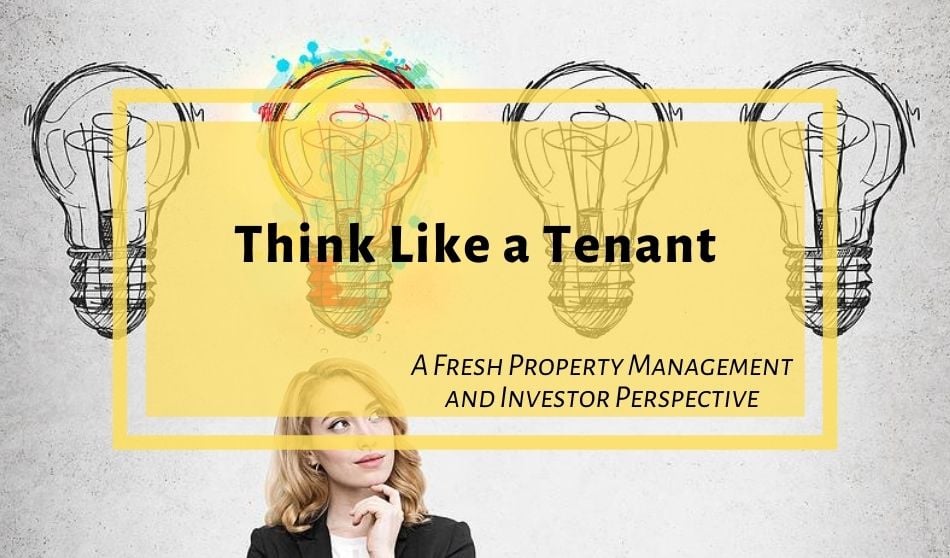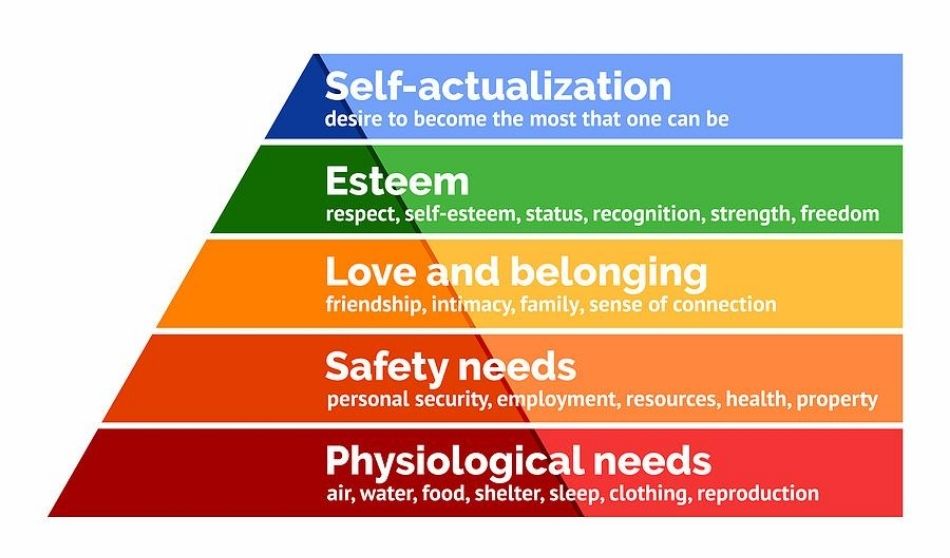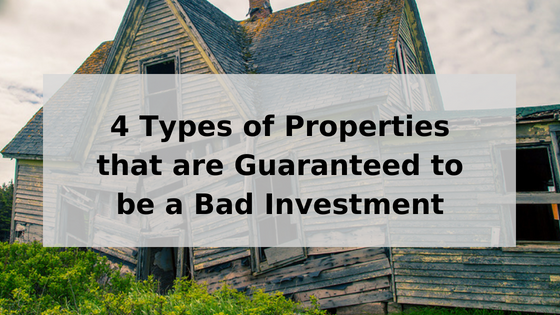
The lens of a landlord or investor is just half the picture and to think like a tenant re-imagines your business in a new paradigm.
If your rentals are your livelihood or long term investment you already excel in juggling the many hats and landlord responsibilities or work with a property management company with those skills.
That professionalism has served you well. However, as the market continues to change, no one knows what’s around the corner so it may be the perfect time for a renaissance in perspective.
Vision: Know What you Want to Accomplish
Before jumping headfirst inside the mind or a tenant, take a moment to think about your business, professional, and investment goals.
This industry might have chosen you or you might have decided this was your career path. Regardless of how you got here, what do you want to achieve with this opportunity you’ve been given? Will you be selling your investment or leaving it as a legacy?
Ideally, if you were to time travel five years in the future, looking back, would you change any aspect of your business strategy or goals?
With that in mind, take some time to think about and understand your current and future tenants and the great impact you wield.
Hierarchy of Tenant Needs
In psychology, a theory called Maslow’s Hierarchy of Needs suggests that there are basic needs every human has that must be met ascending towards other areas of fulfillment. This concept was expanded and by the ’70s the following eight levels were noted:
- Basic biological needs — air, food, water, shelter, rest, clothing.
- Safety needs – personal security, stability, employment, resources, health, and security.
- Love and belonging needs — close relationships, friends, sense of connection.
- Esteem — respect, self-esteem, status, recognition, strength, freedom, the feeling of accomplishment.
- Cognitive needs — knowledge, need for predictability, curiosity.
- Aesthetic needs — beauty and balance.
- Self-actualization — personal growth and the desire to become the most that one can be, achieving one’s full potential, including creative activities.
- Transcendence needs — service to others.
Some suggest that these levels can be simultaneously improved on but regardless of steps or concurrent needs, many of these intersect with how a renter perceives their rental and landlord.
For instance, to a landlord or investor, it is a house or investment property for the purpose of profit but to a tenant, it is a home, a place of safety that allows time with loved ones. These days, it also serves as the location for creative activities, cognitive stimulation, and much more.

Maslow’s Hierarchy of Needs can help landlords understand tenants and prospective renters better.
Understand the Needs of a Renter
Now that we have an understanding of human basic needs, it’s easy to see how so many of them interplay in the tenant-landlord relationship.
It’s important to remember both the basic human needs as well as the unique needs of a renter which impact their feelings of safety, stability, predictability, and the like.
Thinking like a tenant can open up the possibility of new policies, procedures, goals, use of tools, etc. Some areas to consider through the eye of a tenant are:
Inspections
Be sure to give proper notice before on-site inspections and visits.
Newsletters
Newsletters keep tenants in the know for important information, give you a platform to share resources, and builds a sense of community.
Tenant Portals
Offering a tenant portal gives tenants clear information on account information, gives them one location to find their lease and important documents and helps them communicate maintenance and repair issues.
Maintenance Issues
How you respond to maintenance and repair issues builds trust and helps tenants feel secure in their home.
The Anatomy of a Renter
From general basic human needs to general tenant concerns, the final step is to think about and understand specific renter needs.
Who are or will be renting your properties? Do they have families, pet owners, elderly, or have special needs?
As you think of your tenants and potential renters, try to imagine from their perspective how living in your rental impacts their day-to-day life.
Bringing it all together, how are your procedures, policies, software, resources, amenities, pricing, business style impacting your reputation, tenant turnover, and bottom line? Thinking through these allows you to make adjustments to meet the needs of your renters and your long-term vision.

Think Like a Tenant: Imagine your rental units, policies, procedures, marketing, communication, and investments from their perspective.
Retain and Attract Good Tenants
Some landlords believe it’s a numbers game; taking a spin at the roulette table betting the odds it will turn out in their favor. With the market changes and renters on the move, you can’t take that chance. Instead, you have two tasks. The first is to encourage tenants to stay renting from you and the second, to fill vacancies.
Bottom line, tenant turnover is expensive, and keeping a good tenant is more cost-effective than attracting new ones. As you think like a tenant, what can you do to have tenants renew their lease? Appreciation and communication go a long way.
As you think about filling vacancies, review your marketing material and advertising as if you were a potential tenant. List walkability scores, local neighborhood interests, features of the home the speak to the needs of a renter.
Here are some easy marketing ideas to help: Easy Rental Real Estate Marketing Ideas
Do Your Tenants Tolerate You?
Sometimes thinking like a tenant is easy when you have access to their direct words. Check online reviews and review direct tenant communication (emails, texts) to see what your current and past renters think. You can also design a tenant survey or call them up and ask them direct questions on their perspective of the rental, the amenities, policies, or any number of questions.
Silence from tenants is not success nor are complaints failure. Good feedback can let you know where you stand and may help you see from their point of view and give you ideas on how to make adjustments.
Remember, tenants aren’t looking for a best friend but they are wanting to feel their needs are met and are treated with respect. Be sure to set reasonable expectations. The joy then is the pursuit to meet and exceed those expectations.
Think Like a Tenant for Investors
A savvy investor already has an eye on many markers that affect who might be attracted to a potential rental property. Common considerations through the eye of a potential renter include researching the neighborhood crime statistics, deciding on appliances that are easy to operate and maintain, and considering low maintenance landscaping.
Conclusion
Thinking like a tenant is similar to wanting businesses you frequent to take the time to think about their business through your eyes. You likely have favorite brands and store loyalty as they exceeded your expectations in some manner. Stores and brands call this ‘customer experience’. They cater to and study their potential customers. You and your properties are your brand. As a landlord or investor, you have the opportunity to dive into thinking like a tenant to build an amazing tenant experience and create brand loyalty into your business model.





